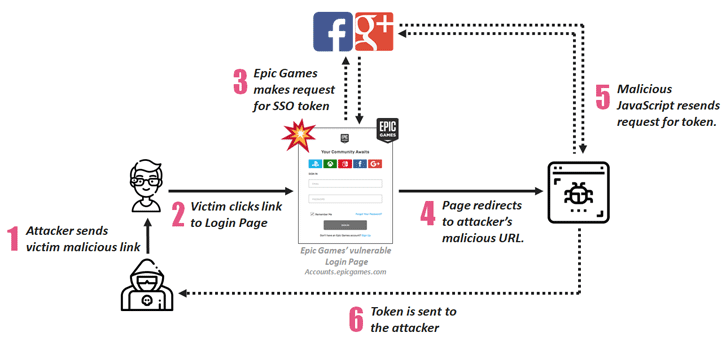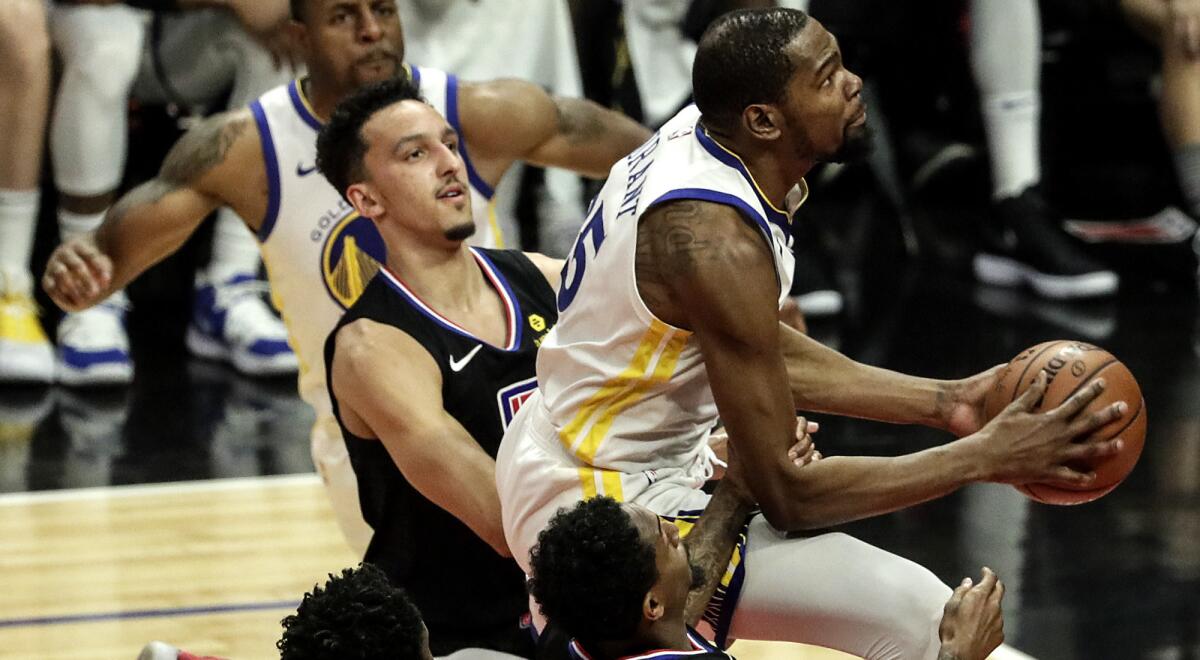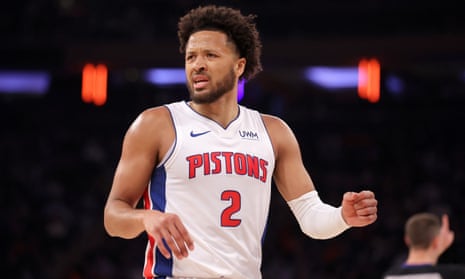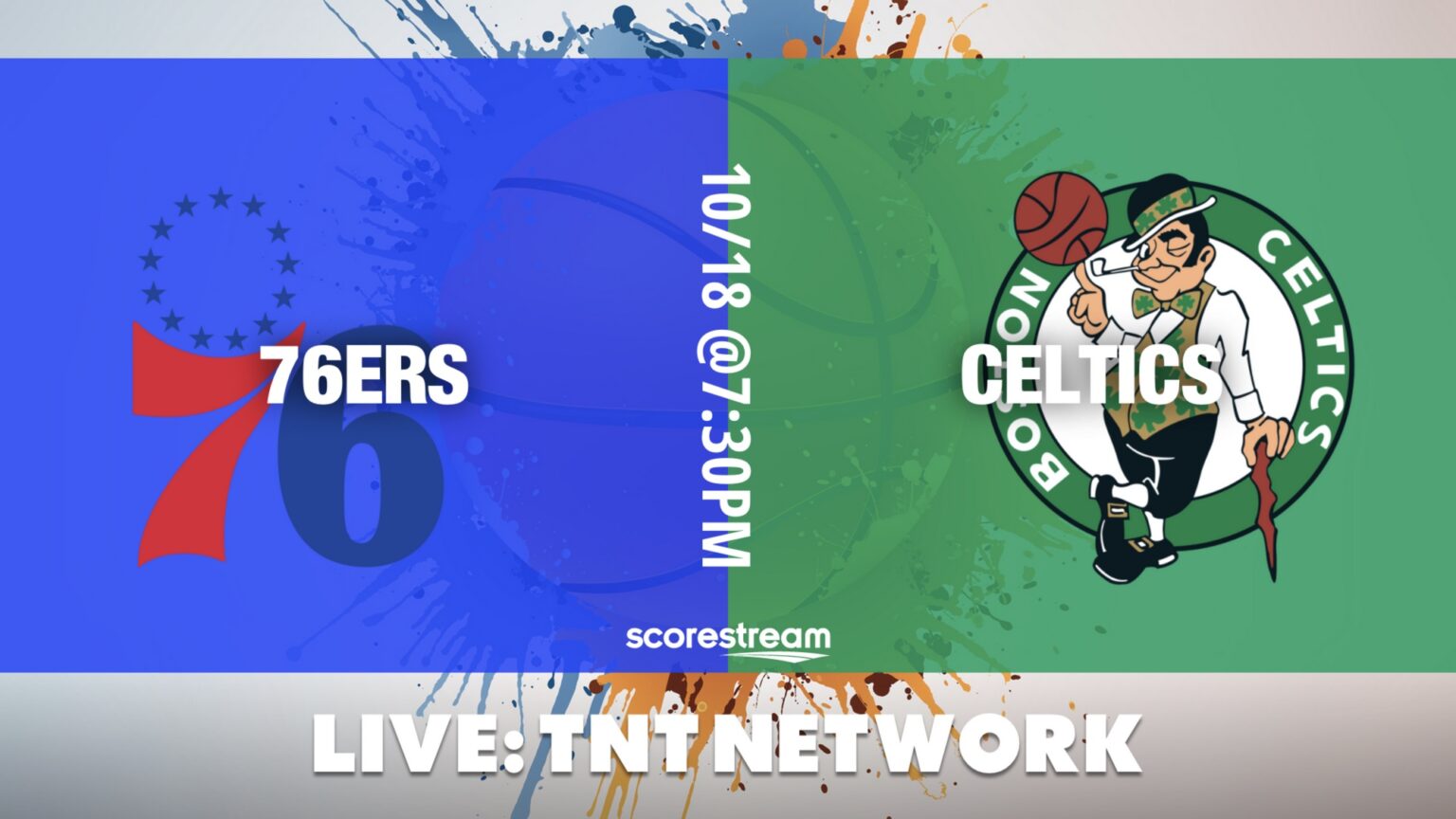New Lawsuit Targets Epic Games' Fortnite In-Game Store Practices

Table of Contents
The Allegations: Deceptive Marketing and Predatory Pricing in Fortnite
The lawsuit against Epic Games centers on allegations of deceptive marketing and predatory pricing tactics employed within Fortnite's in-game store. The plaintiffs argue that Epic Games uses manipulative visuals, unclear pricing structures, and pressure tactics to encourage excessive spending, particularly among children and teenagers.
- Manipulative Visuals: The lawsuit claims that Fortnite utilizes vibrant, appealing visuals to entice players to purchase in-game items, often without clearly displaying the true cost or value of these items. This, the plaintiffs argue, is a form of deceptive advertising.
- Unclear Pricing: The complaint alleges that the pricing of items in the Fortnite in-game store is intentionally confusing, making it difficult for players to understand the true value proposition of each purchase. The use of V-Bucks, Fortnite's in-game currency, adds an additional layer of complexity and obfuscation.
- Pressure Tactics: The lawsuit highlights the time-limited nature of many in-game offers and the use of scarcity as a marketing tool to pressure players into making impulsive purchases. This tactic, plaintiffs argue, is especially effective on young and impressionable players.
- Loot Boxes and Random Item Drops: A central element of the lawsuit focuses on the use of loot boxes and random item drops within Fortnite. These mechanics, according to the plaintiffs, are functionally similar to gambling, exploiting psychological vulnerabilities, particularly in children and adolescents. The unpredictable nature of these purchases, the lawsuit argues, encourages repetitive spending in the hope of acquiring rare or desirable items. This is considered a form of predatory pricing targeting vulnerable demographics. The lawsuit cites specific examples of exceptionally high prices for certain cosmetic items, arguing this constitutes predatory pricing.
The Plaintiff's Case: Who is Suing Epic Games and Why?
The lawsuit, currently a class-action suit, represents a group of Fortnite players, many of whom are parents concerned about their children's excessive spending within the game. Their motivation stems from a belief that Epic Games' in-game store practices are unethical and manipulative, preying on the vulnerabilities of young players and violating consumer protection laws.
- Parent Concerns: Many of the plaintiffs are parents who have witnessed their children spend significant sums of money on in-game purchases without fully understanding the financial implications. They claim Epic Games failed to provide adequate warnings about the potential for excessive spending.
- Class-Action Status: The class-action nature of the lawsuit means that it could potentially represent thousands of Fortnite players who have experienced similar issues. This significantly increases the potential impact and financial implications for Epic Games.
- Violation of Consumer Protection Laws: The legal basis of the lawsuit centers on the alleged violation of various consumer protection laws. The plaintiffs argue that Epic Games engaged in deceptive and unfair trade practices, intentionally misleading consumers about the pricing and value of in-game items.
Epic Games' Response and Potential Outcomes
Epic Games has yet to issue a formal public statement directly addressing the specifics of the lawsuit's allegations. However, potential outcomes could include:
- Settlement: Epic Games might choose to settle the lawsuit out of court, potentially agreeing to modify its in-game store practices or offer refunds to affected players.
- Court Ruling: The case could go to trial, with a judge ultimately deciding whether Epic Games is liable for the alleged violations. A ruling in favor of the plaintiffs could lead to significant financial penalties and changes to Fortnite’s in-game store.
- Changes to In-Game Store Practices: Regardless of the outcome, the lawsuit could prompt Epic Games and other game developers to review their in-game purchasing systems and implement more transparent and consumer-friendly practices.
- Industry Implications: The outcome of this lawsuit will undoubtedly have a significant impact on the broader gaming industry, potentially leading to increased scrutiny of in-game purchases and a push for greater regulation.
The Larger Conversation: Regulation of In-Game Purchases
The Fortnite lawsuit highlights a larger societal debate surrounding the regulation of in-game purchases and loot boxes. Concerns about the addictive nature of these mechanics and their potential impact on children and vulnerable individuals have prompted calls for greater regulatory oversight.
- Existing Regulations: Various countries and regions are already exploring or implementing regulations related to loot boxes and in-game purchases, particularly concerning their similarity to gambling.
- Arguments for Regulation: Proponents of stronger regulation argue that children are particularly vulnerable to these marketing tactics and that greater oversight is needed to protect them. They emphasize the need for clear labeling, transparent pricing, and restrictions on certain game mechanics.
- Arguments Against Regulation: Opponents of regulation often argue that it would stifle innovation and limit the creative freedom of game developers. They also suggest that players should be responsible for their own spending habits.
- Ethical Considerations: The ethical implications of using potentially addictive game mechanics to generate revenue are central to this debate. The lawsuit challenges the ethical boundaries of monetization strategies in the gaming industry.
Conclusion
The Fortnite lawsuit represents a significant legal challenge to Epic Games, highlighting serious concerns about deceptive marketing and predatory pricing within the game's in-game store. The allegations of manipulative tactics, unclear pricing, and the use of loot box mechanics similar to gambling have sparked a broader conversation about the regulation of in-game purchases and the need for greater consumer protection. The outcome of this case will likely have far-reaching implications for the gaming industry, influencing how in-game purchases are designed, marketed, and regulated in the future. Stay tuned for updates on this developing Fortnite lawsuit and join the conversation about the future of in-game spending practices.

Featured Posts
-
 Brutal Clippers Loss Eliminates Knicks From Playoff Contention
May 17, 2025
Brutal Clippers Loss Eliminates Knicks From Playoff Contention
May 17, 2025 -
 Pistons Outraged Blown Foul Call Steals Game 4 Victory
May 17, 2025
Pistons Outraged Blown Foul Call Steals Game 4 Victory
May 17, 2025 -
 When Does The Alexander Skarsgard Murderbot Adaptation Premiere On Streaming
May 17, 2025
When Does The Alexander Skarsgard Murderbot Adaptation Premiere On Streaming
May 17, 2025 -
 Liverpool Eyeing German Midfielder 51m Transfer Fee Reported
May 17, 2025
Liverpool Eyeing German Midfielder 51m Transfer Fee Reported
May 17, 2025 -
 Celtics Vs 76ers Prediction Can Boston Beat Philadelphia
May 17, 2025
Celtics Vs 76ers Prediction Can Boston Beat Philadelphia
May 17, 2025
